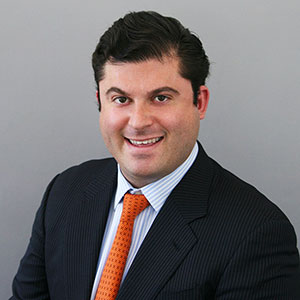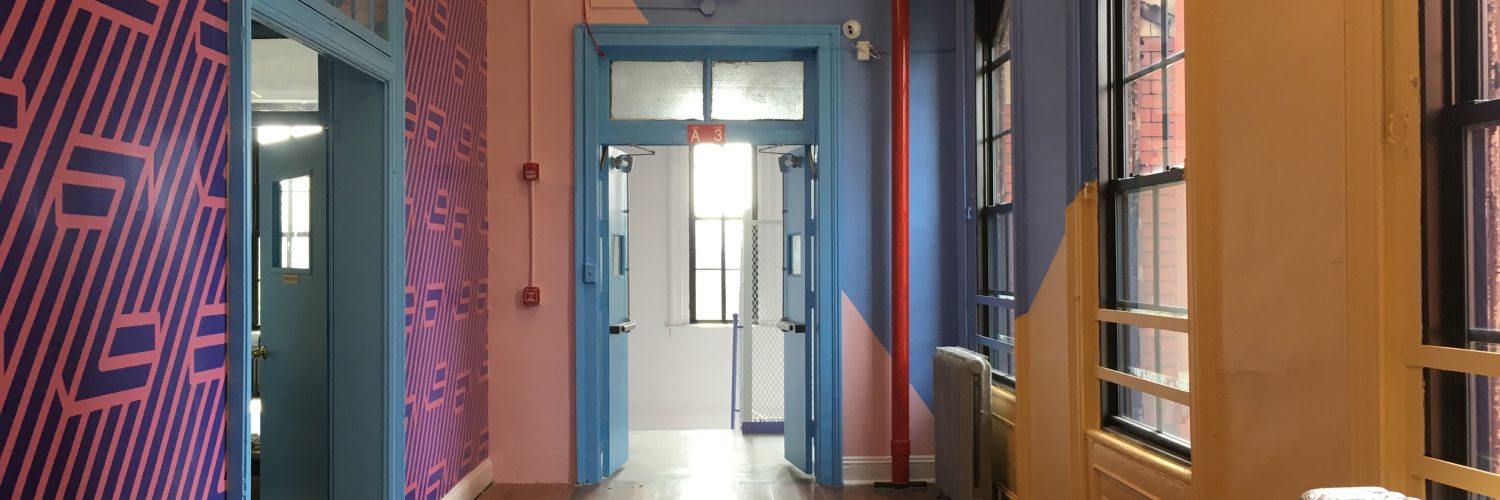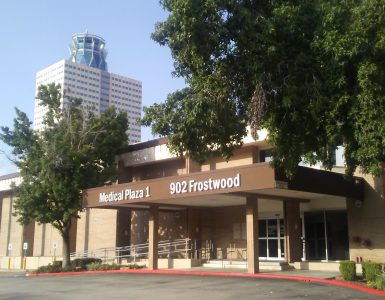With Stephen Powers,
Occupier Solutions
From charter schools to satellite graduate programs, educational organizations represent a growth opportunity for Occupier Solutions teams, according to Stephen Powers, leader of Transwestern’s national Nonprofit Advisory group. TW producers across the country have successfully assisted schools with their real estate, and Stephen’s team has racked up a series of successes with nonprofit educators. Recent examples include two 98,000-square-foot leases, one for Central Queens Academy and the other for Zeta Charter Schools, both in New York City; and a 40,000-square-foot New York campus and headquarters for Relay Graduate School of Education. Stephen spoke with us about his team’s work representing educators and shared a few tips for producers interested in serving similar clients.
TW: What makes the education sector a growth target for Transwestern?
Stephen: We have several advantages that put us ahead of our competitors. For one, most educational organizations are nonprofits; that is an area where we have a strong track record of success and a team of experts available to help our producers across the country. We have already helped teams in Houston, Denver and New Jersey serve clients in this niche.
Our robust healthcare real estate expertise is another point in our favor. Team members who have worked with medical occupiers are used to dealing with complex requirements for purpose-built spaces, and those skills transfer well to serving educators.
TW: What makes educators unique among occupiers?
Stephen: A major distinction is real estate’s essential role in the business model. As much as 25{486b2a1f74edcc5180758f2b50c14395cd5abf419f5fc0bc049abfed8e823f44} of an educator’s budget will go to real estate because a purpose-built environment is critical to its operations. Classrooms, laboratories, lecture halls, gymnasiums, workshops and studios serve specific activities and reflect needs of the student body. Every pre-k and kindergarten classroom must have an attached restroom and sink, for example. Special needs programming usually calls for smaller, breakout classrooms to accommodate a higher ratio of teachers to students.
Recent assignments we handled for Kipp Charter Schools and Relay Graduate School of Education included headquarters operations that upped the office component of those requirements. Both favored collaborative space and seat sharing, with few private offices. Schools typically want maximum efficiency in office space.
Zoning and proximity to other uses can require special attention, too. A school may reject a location that it deems too close to a liquor store, for instance. On the other hand, schools and school administration offices are often allowed in residential zones, and in New York they are permitted to cover a larger portion of a lot with low-rise buildings than an office or apartment development would be allowed to do.
TW: How has TW established its lead in serving education occupiers?
Stephen: Transwestern has a long history of serving education clients – both for profit and nonprofit. These are always complicated deals, and few real estate firms offer our degree of expertise. My team’s approach is to loop in Consulting Services and put about 10 people to work on the client’s behalf. We function as part of the client’s team to understand their needs and match those to opportunities in the market. It’s a highly collaborative effort that enables the client to make informed decisions quickly, without overlooking essential details. Timing is critical, because a client can lose funding if it doesn’t deliver on promises by, for instance, failing to have a new campus ready for students by a specific date. Similarly, a school can lose its charter on a new location by missing critical deadlines.

STEPHEN POWERS
MANAGING DIRECTOR, OCCUPIER SOLUTIONS
600 Lexington Avenue
10th Floor
New York, NY 10022
+1 212.537.7705
stephen.powers@transwestern.com
























